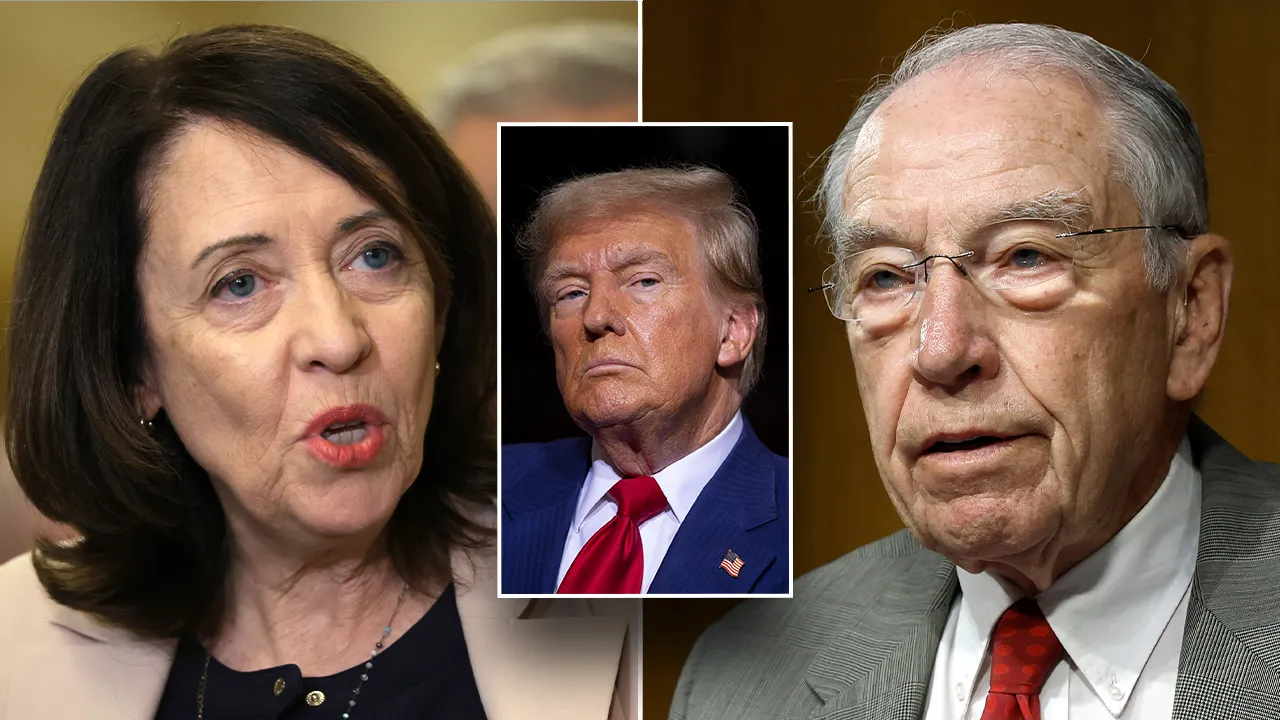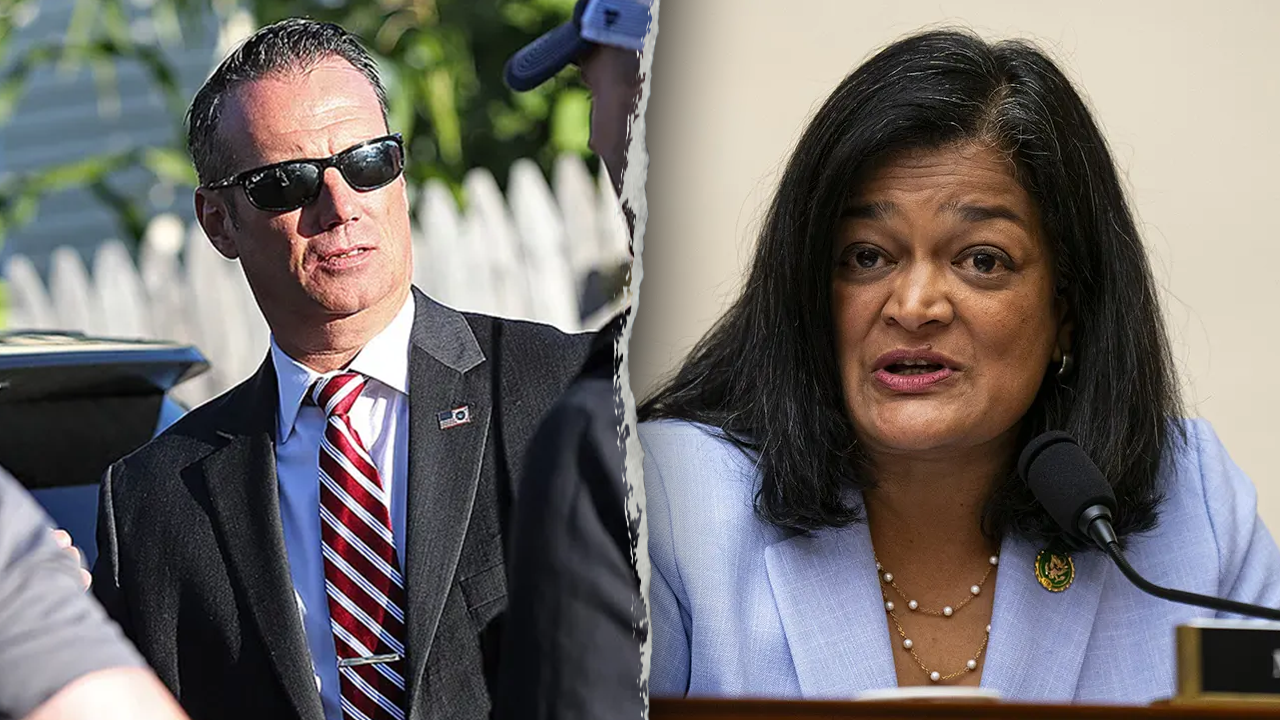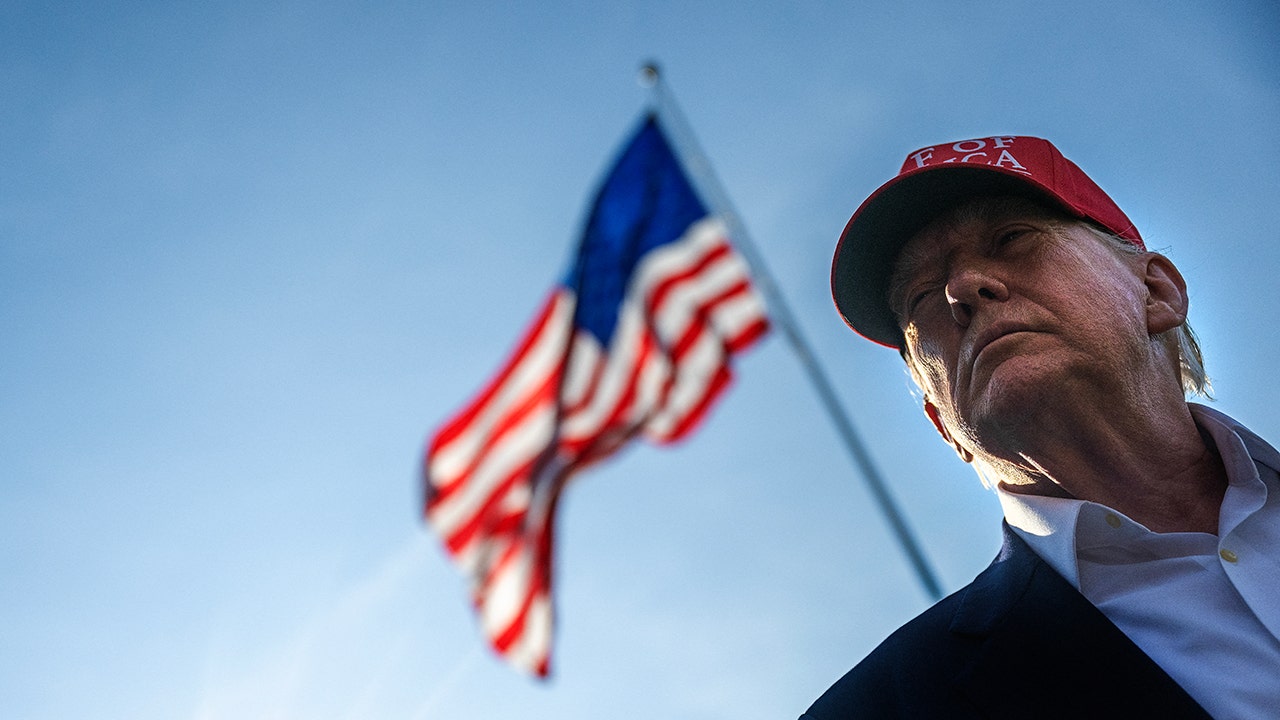Grassley, Cantwell call for congressional approval of new tariffs in bill

Two senior lawmakers, Sens. Chuck Grassley, R-Iowa, and Maria Cantwell, D-Wash., have introduced a bipartisan bill aimed at reasserting Congress’ powers over U.S. tariffs. This move comes in response to President Donald Trump’s announcement of a new wide-ranging tariff strategy during his “Liberation Day” speech on Wednesday.
The Trade Review Act of 2025, introduced by Grassley and Cantwell, would require the president to notify Congress within 48 hours of imposing any new tariffs. The bill also mandates that Trump provide an explanation of the rationale behind the tariffs and an analysis of their potential impact on the U.S. economy. Congress would then have 60 days to approve the new tariffs or allow them to expire.
If passed, the bill would shift certain trade policymaking powers from the executive branch to Congress. Grassley, a Trump ally who is critical of tariffs, highlighted the need for Congress to reclaim its constitutional role in regulating commerce. Cantwell emphasized the detrimental effects of Trump’s tariffs on sectors like agriculture, manufacturing, and technology, warning that consumers would ultimately bear the brunt of the trade war.
Grassley’s home state of Iowa, heavily reliant on farm crop exports, and Cantwell’s Washington state, home to export-heavy companies like Boeing, stand to be significantly impacted by Trump’s tariff policies. Trump, however, likened the tariffs to a necessary medical procedure, stating that the country would emerge stronger and more resilient in the end.
The bill’s introduction follows a bipartisan resolution passed on Wednesday, with four Republican senators joining Democrats in an effort to repeal Trump’s emergency declaration imposing tariffs on Canadian imports. Grassley did not defect from the Republican camp on this resolution, which is expected to face challenges in the House.
In conclusion, the Trade Review Act of 2025 represents a bipartisan effort to rein in executive branch authority on trade policy and ensure greater congressional oversight. By requiring transparency and accountability in tariff decisions, the bill aims to protect American interests and promote a more deliberative approach to trade relations.




